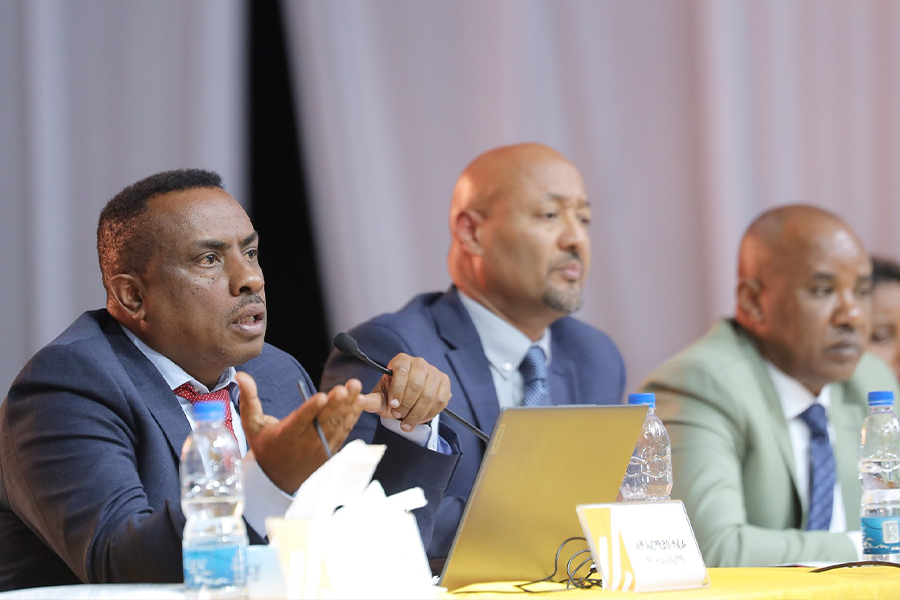
The UNDP has expanded its narrative from “poverty eradication” to what Ahunna Eziakonwa, the UN's assistant secretary-general, calls “promoting prosperity,” combining the usual public investments in schools, hospitals and natural-resource management with new pushes to draw in private money and tap the promise of the African Continental Free Trade Area (AfCFTA). “Infrastructure alone is worthless without human capital,” says Eziakonwa, who began her role as UNDP's regional director for Africa in August 2018. She manages programs in 46 countries and oversees an annual funding of over 1.2 billion dollars, guiding her work through overlapping crises, from climate shocks that threaten harvests to health setbacks that stall gains against poverty, while a drift toward authoritarian rule adds pressure.
The agency’s biggest bet is on Africa’s emerging tech hubs. Timbuktoo, a facility launched in 2024 with three million dollars but a target of one billion dollars in resources over 10 years, has already handed out 30 million dollars to university-based innovation centres in 11 countries. Those funds have backed 160 start-ups and helped attract additional pledges, including Gabon’s 200 million dollars for community development and the DR Congo’s 600 million dollars commitment. A smaller Manutech pilot in Addis Abeba has invested six million dollars in ventures, three-quarters of which were founded by women, while early grants to pan-African artificial-intelligence institutes demonstrate the same focus on “anticipatory” crisis prevention linked to growth.
“Success is often invisible,” Eziakonwa told Tamrat G. Giorgis, our managing editor, in an exclusive interview held last week. "If cooperation holds and trust is built, these early seeds can still grow into broad prosperity."
Fortune: The UN, in general, and the UNDP's Africa mandate is to eradicate poverty while keeping the planet safe. And that is to provide people “life in freedom from want and freedom from fear,” without having or reducing violence. But do you feel like the world has reached a point where you are doing these things against all odds because of climate shock, which should not be controversial, but it is? and there is also a backslide into authoritarianism across the world? In this environment, do you feel you are trying to do that against the tide?
Ahunna Eziakonwa: I think that would be a fair statement because the world is awash in crises today. Those crises are interdependent. Food security depends on climate stability, and health disruptions affect poverty reduction and development. We face multiple, borderless shocks, none confined to a single country or region, while the multilateral system designed to unite us is under strain. As UNDP, we are certainly operating in one of our most challenging eras for driving the development agenda, with geopolitics often working against progress. These are truly unique historical moments.
Q: I remember when we had a discussion last time, you had an idea of an engagement with the African Union (AU) and regional institutions like IGAD, trying to have a deeper engagement in that response. Have you succeeded in that, in pushing the UNDP from its advisory role into becoming a catalyst for change?
Catalysing regional bodies has been central to our new four-year strategic plan, which we finalised after extensive consultations. We've reframed our narrative from only 'poverty eradication' to 'promoting prosperity' because the language we use shapes our mindset.
"We've reframed our narrative from only 'poverty eradication' to 'promoting prosperity' because the language we use shapes our mindset."
Talking prosperity energises stakeholders around initiatives like the African Continental Free Trade Area (AfCFTA), which is essential for Africa’s development. We have ramped up advocacy and programming behind AfCFTA, identifying and tackling implementation barriers to unlock intra-African markets. Through policy support, secretariat partnerships, and national-level engagement, we are helping to fast-track the AfCFTA to boost productivity, sustainability, and industrialisation.
Q: There is an ideological debate over the poverty lens, placing responsibility on structural and societal factors, implying the state must aid individuals. Contrary to this, the prosperity lens places responsibility on individuals, implying the state’s role is merely to showcase what is possible and affluence. How do you reconcile these?
That interpretation of prosperity is not ours. Everywhere true prosperity has occurred, the state has played a central role alongside private capital. You need infrastructure such as roads and bridges, yes, but infrastructure alone is worthless without human capital.
Countries that triumphed over extreme poverty, from South Korea, Singapore to Malaysia, and China, invested heavily in education and health first. The state must finance and oversee these systems. It must govern natural resources so that benefits reach the population. Prosperity arises from a partnership between developmental states and private enterprise, not an either/or.
Q: Critics argue that a prosperity-oriented state may prioritise vanity projects, such as fountains and showpiece roads, over schools and hospitals. How do you respond?
The value of infrastructure is realised only when people can use it. You can build roads to nowhere if communities lack the skills or resources to leverage them effectively. That is why human capital comes first—productivity, like who produces what, depends on skilled labour. Without investment in people, infrastructure becomes a white elephant. Evidence from Asia shows that you have build people’s capabilities before infrastructure.
Q: Your annual portfolio in Africa is about 1.2 billion dollars, covering 46 countries. When geopolitics comes in the way of consensus at the UN, how do you prioritise where to allocate scarce funds?
We reject the notion of doing less with less. Development needs are rising, and we have to find ways to crowd in resources. At the Financing for Development Conference [held in Spain in July 2025], we pushed continually on financing for development, highlighting social protection, climate finance, and fair cost of capital.
It is intolerable that countries bearing the brunt of climate change are forced to pay more to borrow. We argued that security is built on development, and investing in human solidarity counters extremism. Under South Africa’s G20 presidency, themes of sustainability, equality, and solidarity gained ground. There is enough money globally; the question is one of political will and priorities.
“We face multiple, borderless shocks, none confined to a single country or region, while the multilateral system designed to unite us is under strain.”
Q: Last time we spoke, you mentioned Senegal’s pledge of 200 million dollars in cofinancing, which had not yet scaled up.
It is scaling. Since we last spoke, Gabon has committed 200 million dollars for a similar integrated community development programme; the DRC has committed 600 million dollars to bridge the development deficit in remote areas.
Our principle is “no one left behind.” People living in peripheries cannot be excluded without risking violent extremism. We advocate that countries utilise existing resources more intelligently, tap innovative financing options such as green bonds and climate swaps and better leverage their natural resources.
Q: Let’s discuss Timbuktoo. Launched in 2024 with three million dollars pledged and a target of one billion dollars over 10 years, it has reportedly raised only two percent so far.
Timbuktoo is more than a financial envelope. It is an ecosystem support facility that transforms mindsets to recognise African talent and innovation. It raises confidence and builds connections between public, private, and academic sectors.
We have initiated university innovation ports in 11 countries (26 by the year’s end), each with over one million dollars in investment from core and partner funds. We have already deployed more than 30 million dollars to infrastructure, mentorship, and policy units. The one billion dollars target is catalytic: 300 million dollars builds ecosystems and derisks investments, unlocking the remaining 650 million dollars in venture capital.
Our acceleration programme now includes 160 startups, many of which have already attracted investors before receiving grants. In under a year, Timbuktoo is reshaping Africa’s innovation landscape.
Q: The Manutech hub pilot has six million dollars invested, with 40 startups trained, and 75pc being women. How are you measuring success? What is the trajectory for the next two years?
Manutech is the continent’s first tech manufacturing hub, a bold experiment. We are mining the experiences of the first cohort to refine our selection criteria. Deeptech founders are already collaborating across cohorts, discovering complementary skills and expertise.
Over the next two years, I anticipate that these clusters will consolidate into competitive portfolios, attracting larger investments. Collaboration is the key metric. When founders band together to pitch unified propositions, we will see real proof of concept.
Q: The next frontier is the AI race. China, the US, France, and now Germany are all developing sovereign AI. African countries risk being left behind. Is UNDP stepping up to support pan African AI sovereignty?
National commitment is paramount because sovereignty requires a strong political will. UNDP can provide knowledge and convene partnerships alongside ITU to help countries develop strategies aligned with their capabilities. But, AI infrastructure is expensive; African countries should pool their resources and colearn.
I applaud early movers such as Ethiopia, Rwanda, Nigeria, and South Africa that are establishing institutes and summits. Our role is to amplify those efforts, promote pan African computing centres, and connect innovators across borders.
Q: There was a 2024 report suggesting the UN failed to protect civilians in conflicts in Ethiopia and Sudan. Can you clarify UNDP’s role in protection?
UNDP is not a peacekeeping or enforcement agency; that is a UN peacekeeping mandate. Our role is advisory and developmental. The UN system acknowledged shortcomings in some missions, but prevention is the most challenging area to fund because success is often invisible.
UNDP contributes to the Secretary-General’s prevention strategy, but lacks a standalone protection mandate. We finance mediation capacity, but the ultimate responsibility lies with member states and peacekeeping missions.
Q: In Ethiopia, poverty fell from the mid-30s to the mid-20s percentage, then the conflict reversed gains, particularly in Tigray Regional State, where the rate rose to 45pc. How does the UNDP maintain impartiality among warring parties so that it can prevent a slide back like this?
UNDP staff pledge impartiality under UN values. When breaches occur, disciplinary measures follow. We hold regular trainings and town halls. I chaired several in Ethiopia to reinforce neutrality.
Human fallibility means incidents may occur, but the system responds swiftly. Continuous reminders and top-level intolerance for integrity breaches define our culture. The key is unwavering enforcement of impartiality among staff.
Q: You have championed the humanitarian development peace nexus since Sudan’s and South Sudan’s conflicts. Has UNDP undergone institutional reforms to deliver integrated programmes ahead of crises?
Yes, we have restructured our crisis offer into three pillars: anticipatory, response, and recovery. We plan to run development services in parallel with humanitarian action, rather than sequentially. In Chad, for instance, we integrated UNDP’s development portfolio with humanitarian actors to build resilience among both refugees and host communities, funded by the African Development Bank (AfDB).
We have formalised stabilisation programmes, working with security forces to clear areas of insurgents, rebuild infrastructure, and restore livelihoods, demonstrating that communities rebuilt in this nexus see violence reduced by up to 80pc.
Q: On anticipatory analysis: in polarised societies, how does UNDP ensure the information it uses for conflict prevention is credible and impartial?
Our advantage is our presence on the ground. Country offices cultivate trust in communities; we triangulate data from NGOs, think tanks, militaries, and civil society partners. Multiple sources filter biases, though surprises still happen.
Technology such as predictive analytics, drones, and ICT, augments human networks but cannot replace judgment. The real challenge is not spotting warning signs, but having access to decision makers who can act on them. That remains our toughest frontier.
EDITORS' NOTE: This interview has been updated from its original version, where the introduction "The UNDP has shifted its mission" has been updated to "The UNDP has expanded its narrative" on August 7, 2025
PUBLISHED ON
Aug 03,2025 [ VOL
26 , NO
1318]
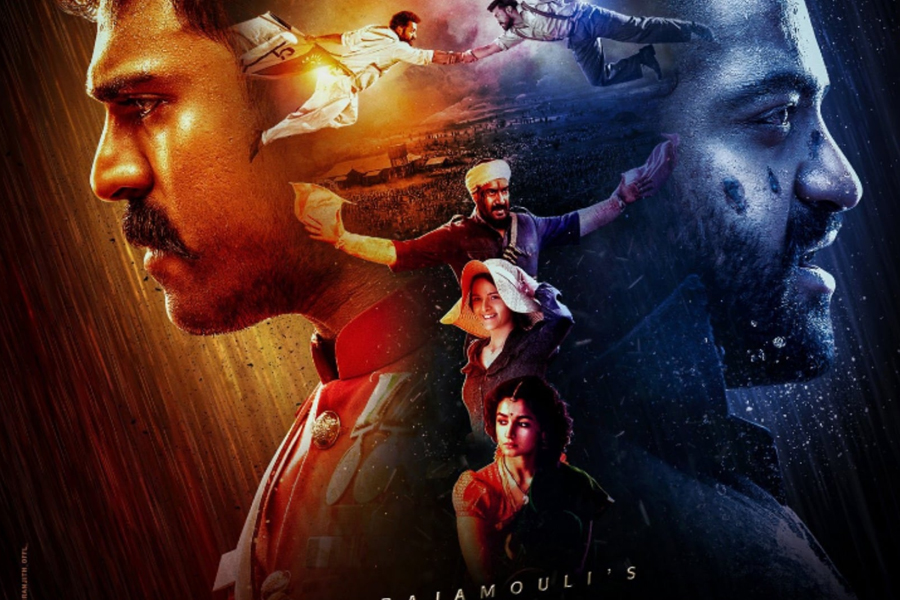
Films Review | Sep 10,2022
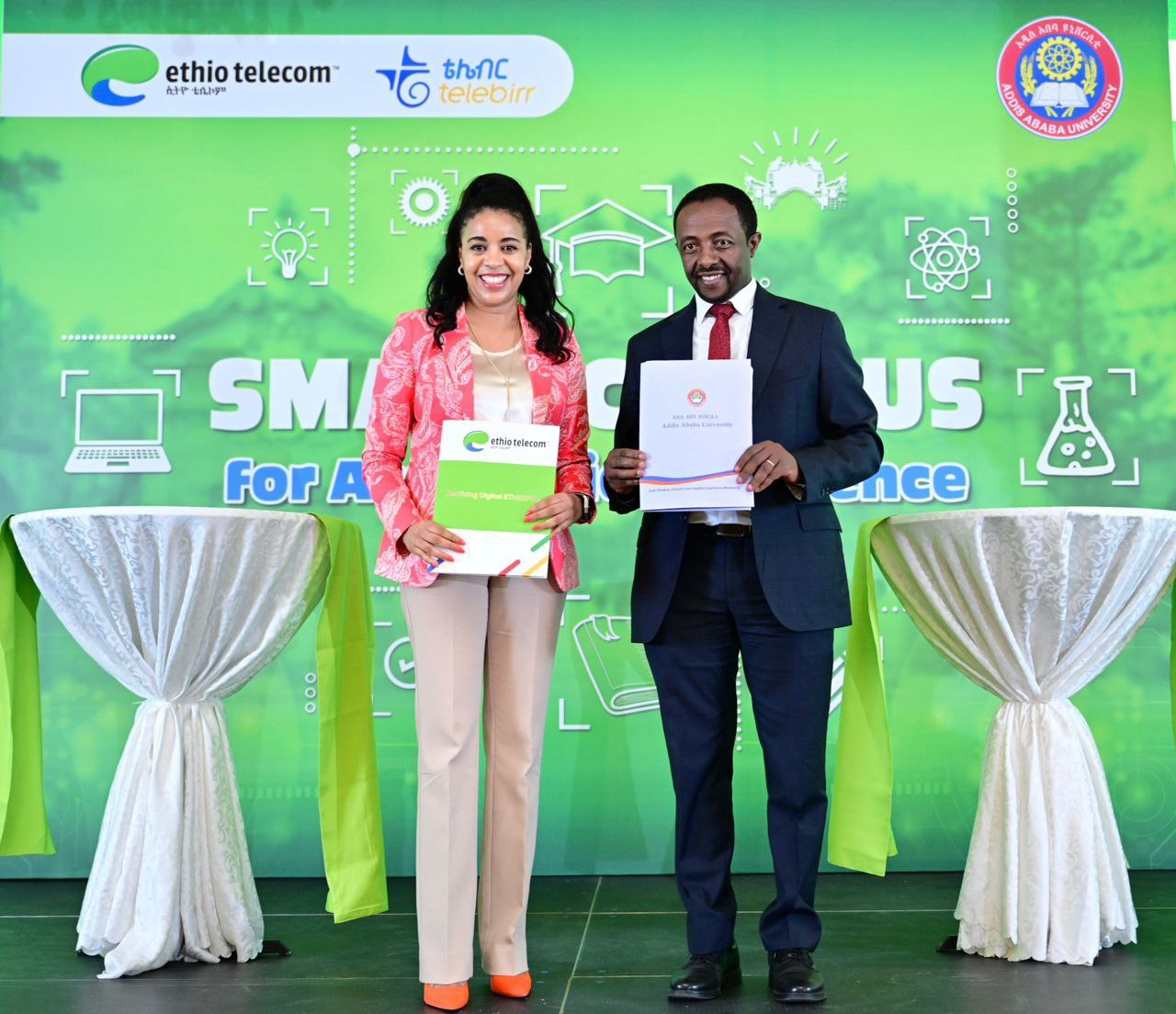
Radar | Jun 30,2024
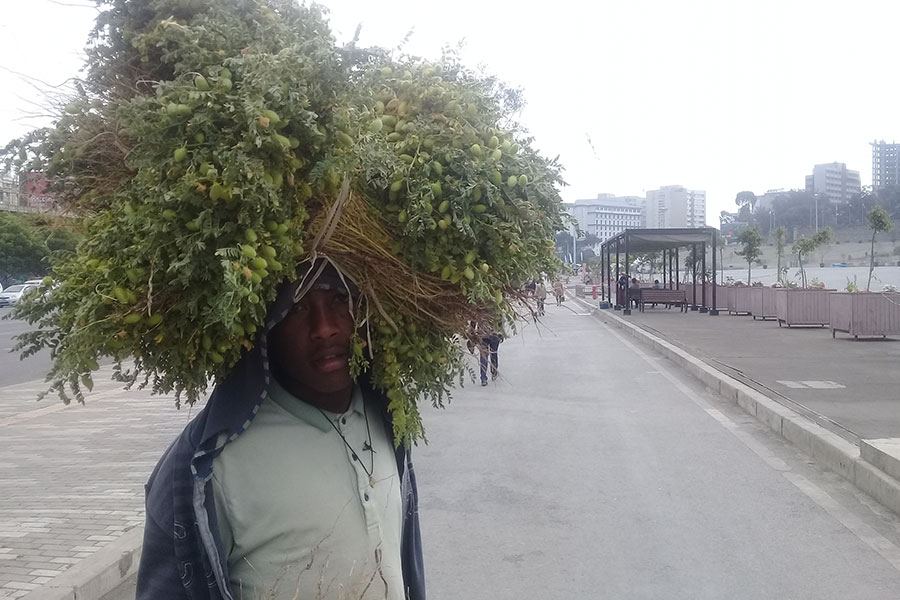
Radar | Jan 01,2023
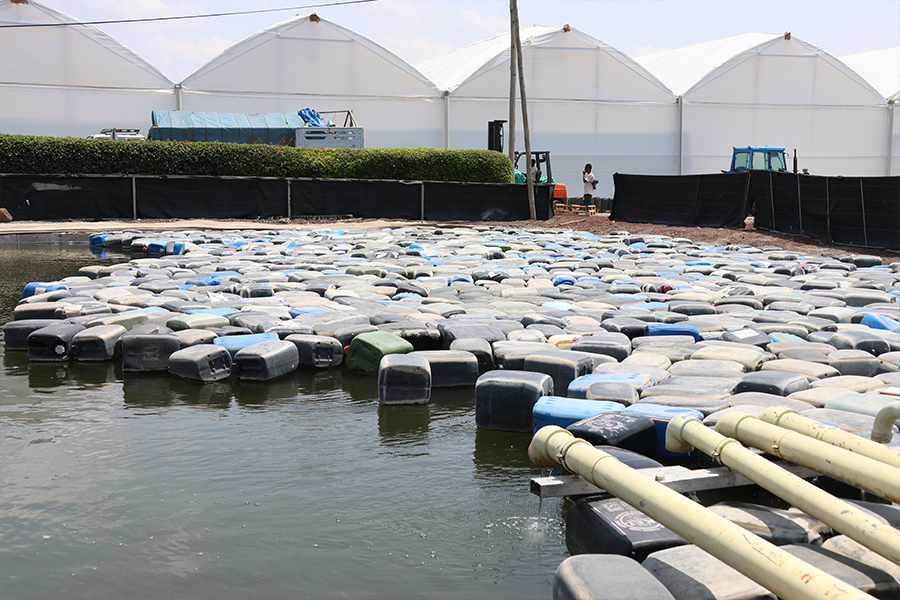
In-Picture | Jun 22,2024

Radar | Jul 27,2025

Fortune News | Jul 18,2020
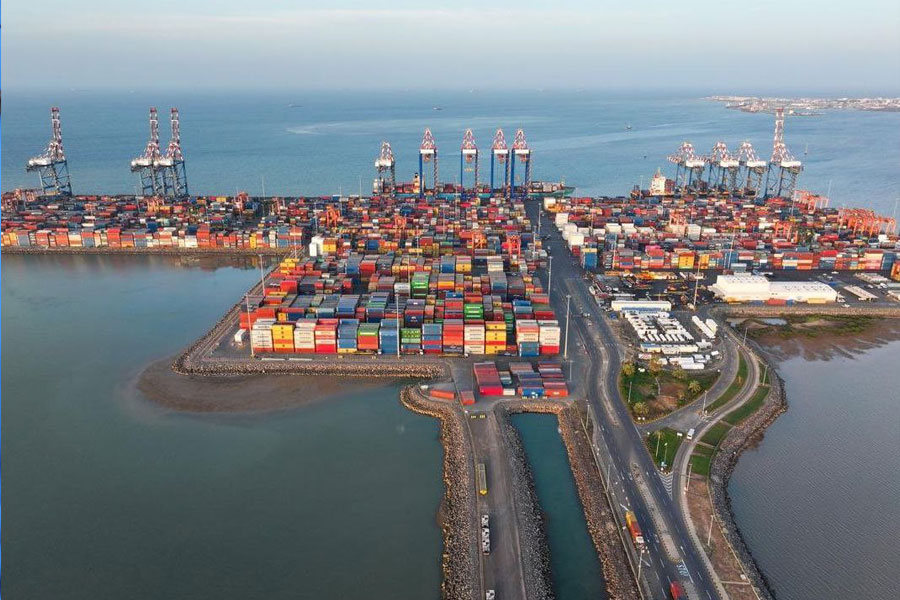
Fortune News | Jun 11,2024

Life Matters | Aug 13,2022
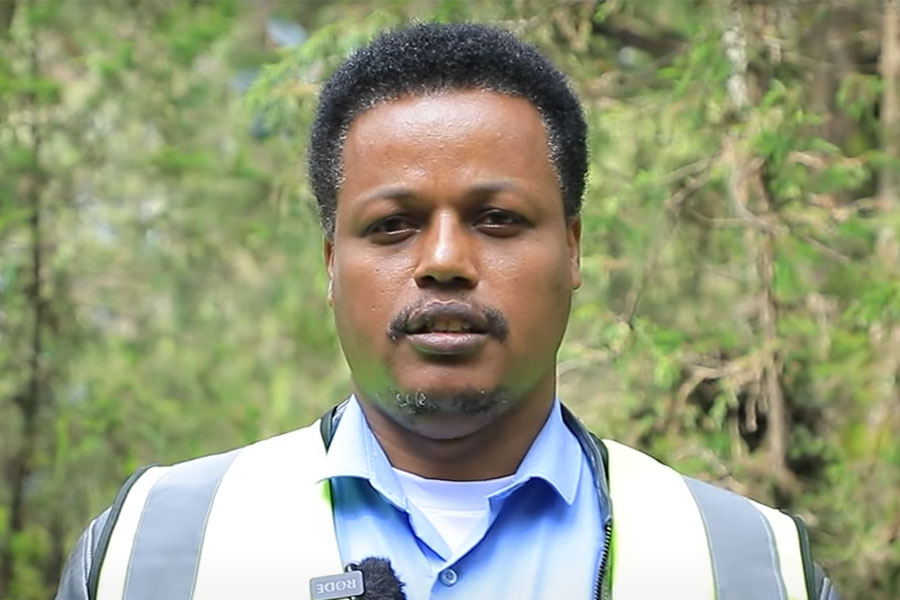
Fortune News | Sep 01,2024

Fortune News | Oct 05,2025

Dec 22 , 2024 . By TIZITA SHEWAFERAW
Charged with transforming colossal state-owned enterprises into modern and competitiv...

Aug 18 , 2024 . By AKSAH ITALO
Although predictable Yonas Zerihun's job in the ride-hailing service is not immune to...

Jul 28 , 2024 . By TIZITA SHEWAFERAW
Unhabitual, perhaps too many, Samuel Gebreyohannes, 38, used to occasionally enjoy a couple of beers at breakfast. However, he recently swit...

Jul 13 , 2024 . By AKSAH ITALO
Investors who rely on tractors, trucks, and field vehicles for commuting, transporting commodities, and f...

Oct 25 , 2025
The regulatory machinery is on overdrive. In only two years, no fewer than 35 new pro...

Oct 18 , 2025
The political establishment, notably the ruling party and its top brass, has become p...

Oct 11 , 2025
Ladislas Farago, a roving Associated Press (AP) correspondent, arrived in Ethiopia in...

Oct 4 , 2025
Eyob Tekalegn (PhD) had been in the Governor's chair for only weeks when, on Septembe...